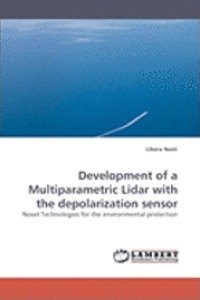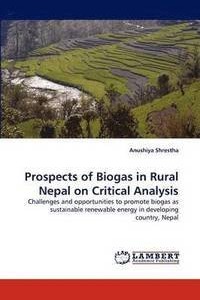
Liknande böcker
Environmental Implications of Urbanization : Environmental prospects of urbanization
Bok av Asma Shahzad
Urban populations interact with their environment. Urban people change their environment through their consumption of food, energy, water, and land and in turn, the polluted urban environment affects the health and quality of life of the urban population. People who live in urban areas have very different consumption patterns than residents in rural areas for example; urban populations consume much more food, energy, and durable goods than rural populations. Cities pollute waterways in several ways including directly dumping sewage and chemical wastes allowing runoff from impermeable surfaces. Runoff from a city is often contaminated with oil, pollutants consisting of pesticide, fertilizers chemicals from improperly maintained landfills, pathogens from pet waste and heavy metals from mines and other sources especially industries. Aquatic organisms, which are very sensitive, are also severely harmed by water pollution Cities must balance the social, economic and environmental needs of present and future generations.







